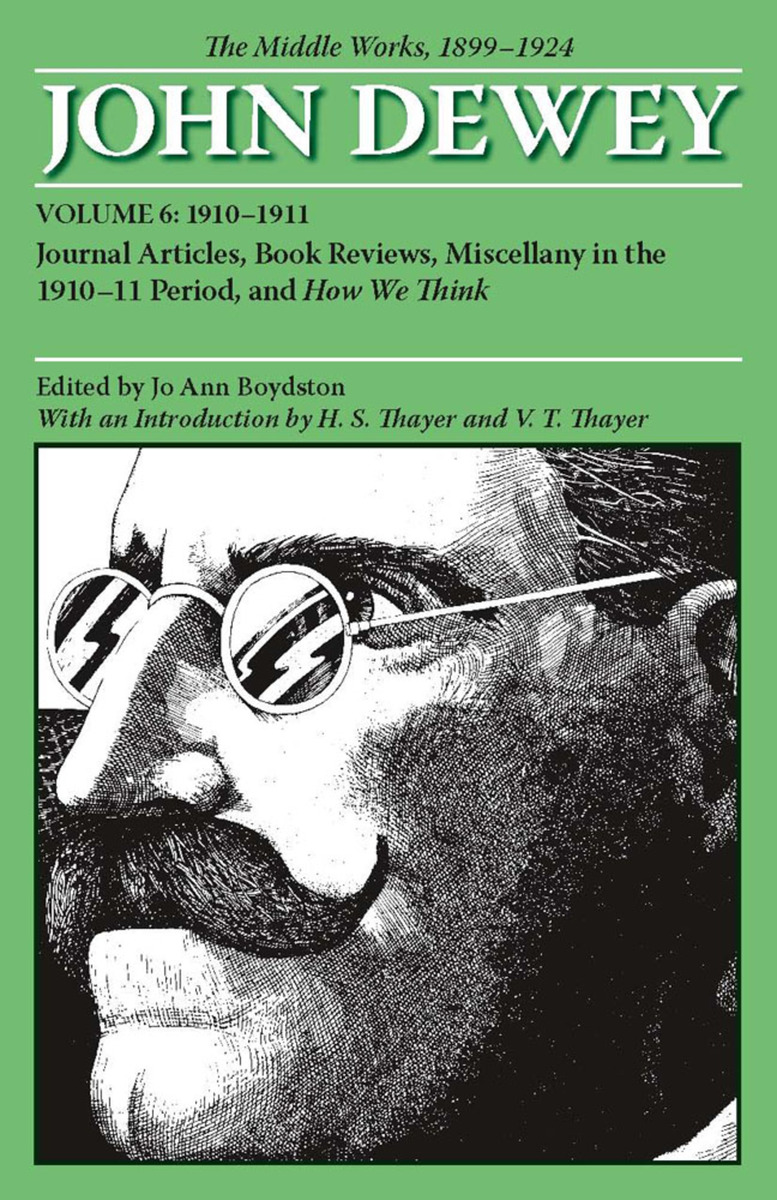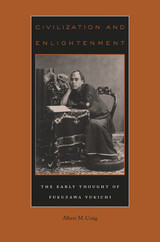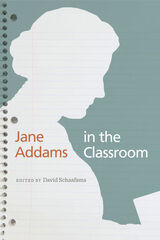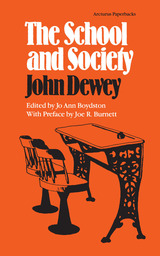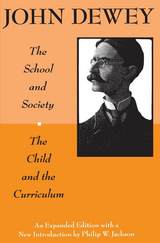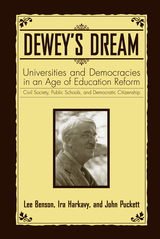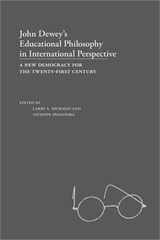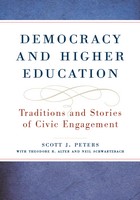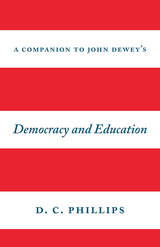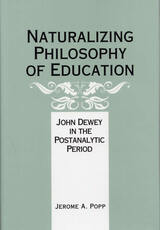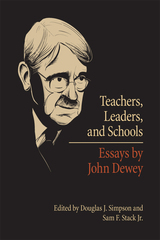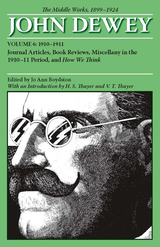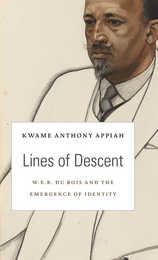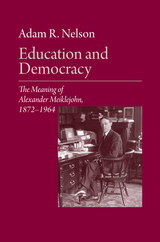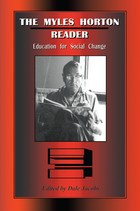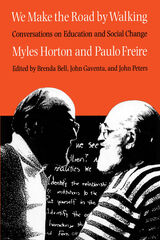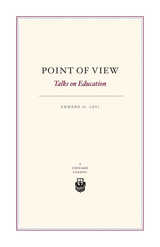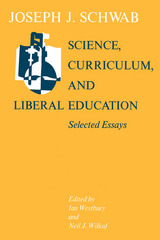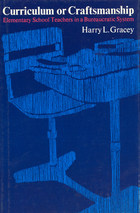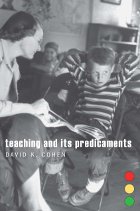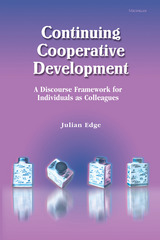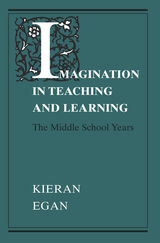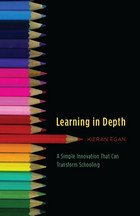Paper: 978-0-8093-2801-7 | eISBN: 978-0-8093-3162-8 | Cloth: 978-0-8093-0835-4
Library of Congress Classification LB875.D75 2008
Dewey Decimal Classification 370.1
William James, remarking in 1909 on the differences among the three leading spokesmen for pragmatism—himself, F. C. S. Schiller, and John Dewey—said that Schiller’s views were essentially “psychological,” his own, “epistemological,” whereas Dewey’s “panorama is the widest of the three.”
The two main subjects of Dewey’s essays at this time are also two of the most fundamental and persistent philosophical questions: the nature of knowledge and the meaning of truth. Dewey’s distinctive analysis is concentrated chiefly in seven essays, in a long, significant, and previously almost unknown work entitled “The Problem of Truth,” and in his book How We Think. As a whole, the 1910–11 writings illustrate especially well that which the Thayers identify in their Introduction as Dewey’s “deepening concentration on questions of logic and epistemology as contrasted with the more pronounced psychological and pedagogical treatment in earlier writings.”
See other books on: Boydston, Jo Ann | Dewey, John | John Dewey | Philosophy, Theory & Social Aspects | Pragmatism
See other titles from Southern Illinois University Press
